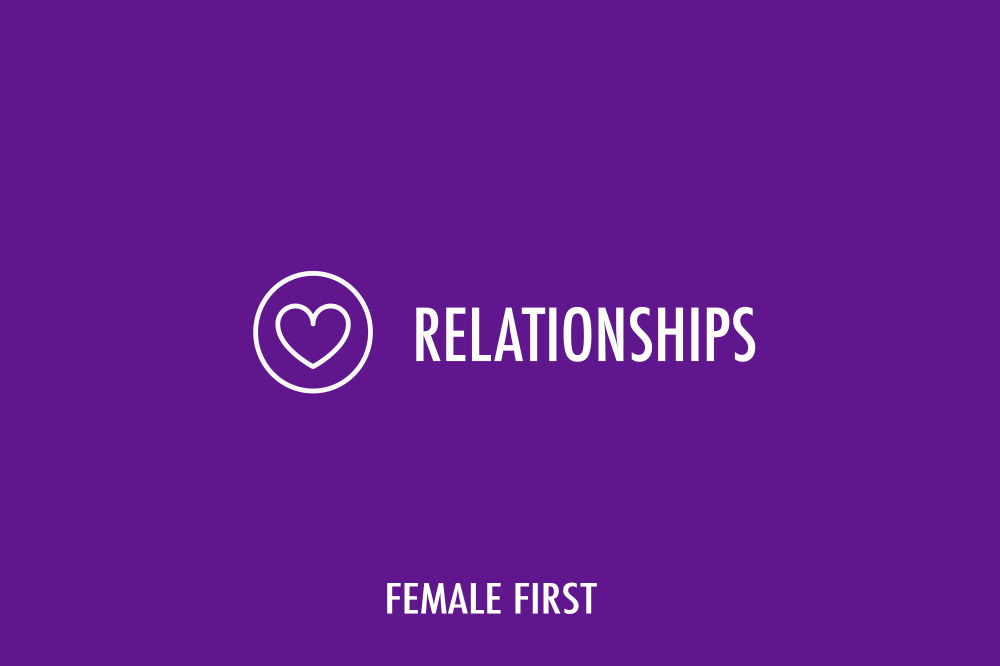People with Down’s syndrome have the same rights as everyone to develop loving and intimate relationships and just like us all, may need some support as they meet new people and decide whether or not they are ‘the one’.

Relationships on Female First
Individuals with Down’s syndrome can be supported to make choices and decisions that are right for them. Not everyone finds it easy to ‘speak up’ about their feelings, but that doesn’t mean they should be ignored. Take the time to help people express themselves, encourage them to talk about love, sexuality and intimacy as and when they want to. Some people may find this more difficult than others. You must find the right balance between being supportive and being intrusive! Take your lead from the individual.
There are a number of ways a person with Down’s syndrome can get support to help them develop personal relationships. The Down’s Syndrome Association (DSA) has a wealth of information and advice available via their helpline (0333 1212 300) or website (www.downs-syndrome.org.uk). In addition, learning disability nurses may be able to help the person to understand issues around sexual health and relationships. Advocacy is also an option to help people make decisions about their relationships and can be accessed through social care.
- some people, including people with Down’s syndrome, can struggle with identity and self-esteem and may need support to understand that they are unique, with their own talents, strengths and personality.
- people with Down’s syndrome may need help to understand that relationships take time and are about give and take. It’s always good to remember to take things step by step. Talk to them about their feelings and help them to think about whether the other person feels the same way.
- encourage the person to talk about their relationship with their friends and families as and when they want to. It’s important that people with Down’s syndrome feel comfortable talking to their peers and circles of support, people with and without disabilities. Make sure they can ask questions and have open conversations about their hopes, dreams and feelings.
- we all need to find the right balance between privacy and safety in our personal lives. Let the person express themselves and talk to them about the possible dangers around online dating, social media etc. It is important that people are in safe relationships. None of us like to be pressured into anything, so you can talk to them to make sure that they are happy with the relationship.
- every person will need different levels of support in their everyday lives and so may or may not need a chaperone when dating. Depending on their individual needs and circumstance, you can help them to make arrangements that are right for them. If you are asked to accompany people on a date, follow their lead, they may not want you sitting at the same candlelit dinner table!
- don’t be afraid of talking about sexuality, sexual relationships and consequences when appropriate. We all need to know about safe sex, contraception and to understand our own sexual preferences. The DSA has lots of information and training available about of sex education.
- it is important to help the person make choices about who they want to see and where. Encourage and support their interests and skills; shared interests can be a good basis for making friends and forming relationships.
- new experiences can be daunting for anyone. You can help the people dating to overcome nerves by suggesting they go to familiar places, places that they like. You could help them to make arrangements and even go on a couple of visits before the big date!
- find the right balance between being supportive and being over-protective. Put yourself in the person’s position: you might want to talk to friends and family about your personal life, but you probably wouldn’t want them to make all of your decisions for you!
For more information advice and support on all aspects of living successfully with Down’s syndrome, call the DSA’s national helpline on 0333 1212 300 or email
[email protected] www.downs-syndrome.org.uk
tagged in relationships Sexual Health
